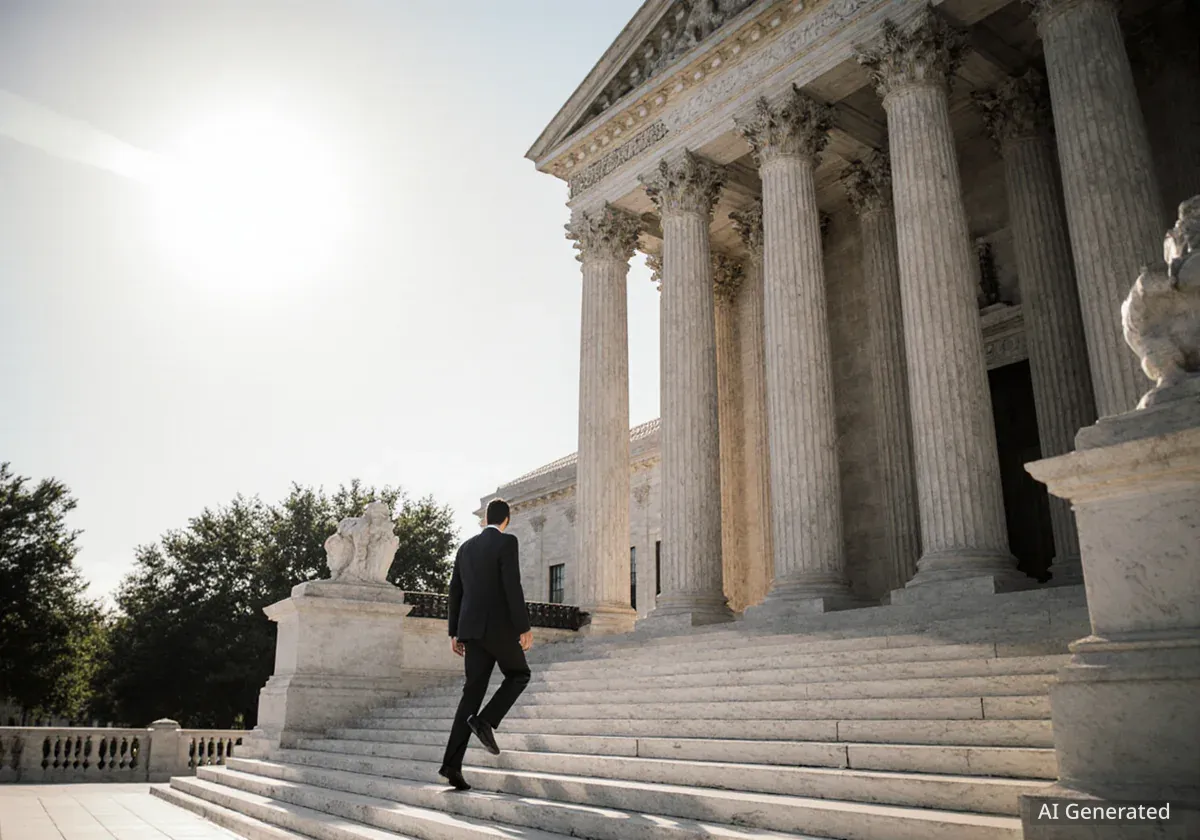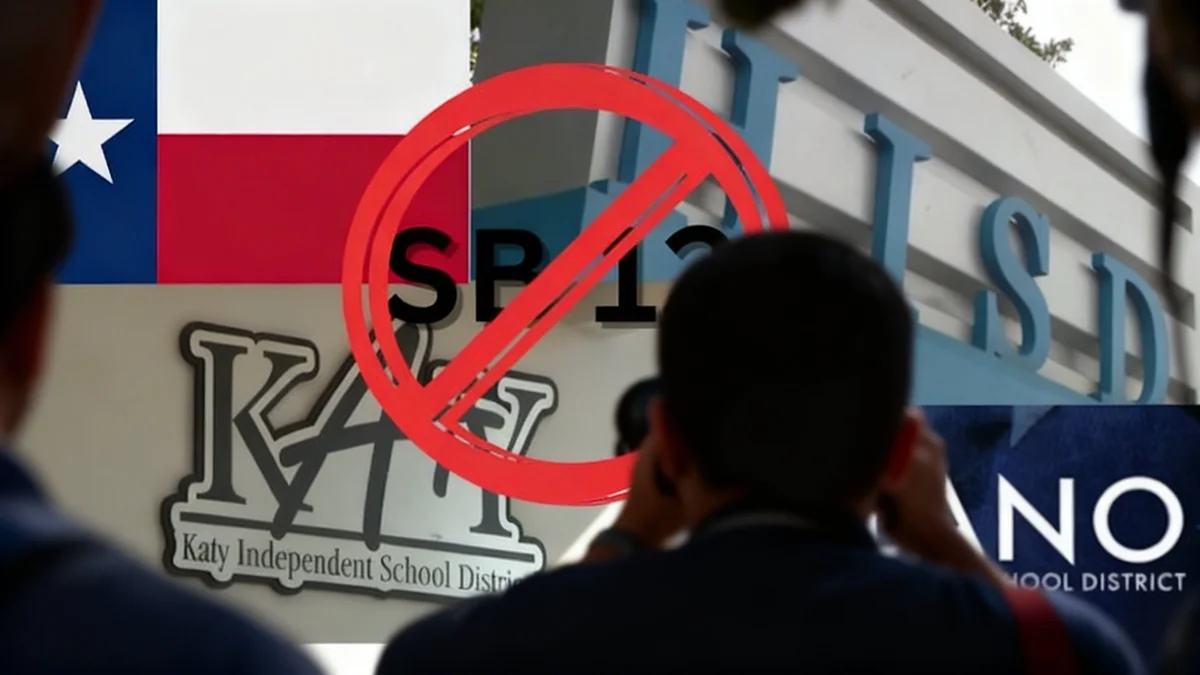A federal appeals court has ruled against an Ohio school district's policies that required students to use preferred pronouns and restricted language related to gender identity. The full Sixth U.S. Circuit Court of Appeals determined the rules violated students' free speech rights, siding with a parents' group that challenged the district.
The decision on Thursday reverses an earlier ruling and directs a lower court to block the Olentangy Local School District from enforcing the policies. The court found the district failed to prove that the prohibited speech would cause significant disruption to the educational environment.
Key Takeaways
- The full Sixth U.S. Circuit Court of Appeals ruled against the Olentangy Local School District's pronoun policies.
- The court found the policies unconstitutionally restricted students' First Amendment free speech rights.
- The ruling reverses a previous decision by a three-judge panel of the same court.
- The case was sent back to a district court to issue an injunction, preventing the school from enforcing the rules.
Court Finds Policies Overstep Constitutional Bounds
The central issue in the case was whether the Olentangy Local School District could discipline students for not using a peer's preferred pronouns or for expressing views that there are only two genders. The court's majority opinion stated the district had not met the legal standard for restricting student speech.
For a school to limit speech, it must demonstrate that the speech would “materially and substantially disrupt” school activities or infringe on the legal rights of others. The court concluded the district did not provide sufficient evidence to meet this threshold.
“Our society continues to debate whether biological pronouns are appropriate or offensive — just as it continues to debate many other issues surrounding transgender rights,” wrote Circuit Judge Eric Murphy for the majority. “The school district may not skew this debate by forcing one side to change the way it conveys its message or by compelling it to express a different view.”
This ruling overturns a July 2024 decision by a smaller, three-judge panel of the 6th Circuit, which had initially sided with the school district. The case will now return to U.S. District Judge Algenon Marbley in Columbus to issue a preliminary injunction against the policies.
A Closer Look at the District's Rules
The lawsuit, first filed in 2023 by the national organization Parents Defending Education, challenged a combination of district policies that governed student conduct and speech. The group argued these rules violated students' rights under the First and Fourteenth Amendments.
What the Policies Prohibited
The Olentangy Local School District, Ohio's fourth-largest, had several overlapping policies at the heart of the legal challenge. These rules were designed to prevent bullying and discrimination but were found by the court to be overly broad.
The district's policies included:
- An anti-discrimination policy that prohibited students from using “discriminatory language,” including derogatory comments or slurs based on gender identity.
- An electronic devices policy, applicable both on and off campus, that banned transmitting material considered harassing or disparaging based on gender identity or sexual orientation.
- A code of conduct that broadly prohibited using language that other students might find insulting, dehumanizing, unwanted, or offensive.
The district maintained that these rules were necessary to create a safe and inclusive learning environment and to prevent harassment. However, the plaintiffs argued that the policies effectively compelled students to adopt a specific viewpoint on gender identity, thus violating their right to free speech.
A Divided Court and National Implications
The decision was not unanimous and included a strong dissent. In her dissenting opinion, Circuit Judge Jane Stranch argued that adapting to new social norms around pronouns is possible and necessary for a respectful environment.
“While it may be a new phenomenon for many to use new pronouns or to avoid using pronouns, it is certainly possible,” Stranch wrote, noting that “social mores around pronouns have shifted over the course of American history.”
Broad National Interest
The case attracted significant attention from a wide range of organizations across the political and ideological spectrum. Groups supporting the parents included conservative policy organizations and various religious rights groups. Meanwhile, LGBTQ+ rights organizations and school advocacy groups generally defended the district's ability to implement such policies.
The ruling's impact may extend beyond the suburban Columbus district. An Ohio teachers’ union had previously informed the court that the policies in Olentangy are very similar to those used by many other school districts throughout the state. This decision could therefore set a precedent for how other schools in the region handle student speech related to gender and pronouns.
As the case returns to the lower court, school districts across Ohio and other states within the 6th Circuit's jurisdiction—which also includes Kentucky, Michigan, and Tennessee—will be closely watching for the final outcome and its potential effect on their own conduct policies.





